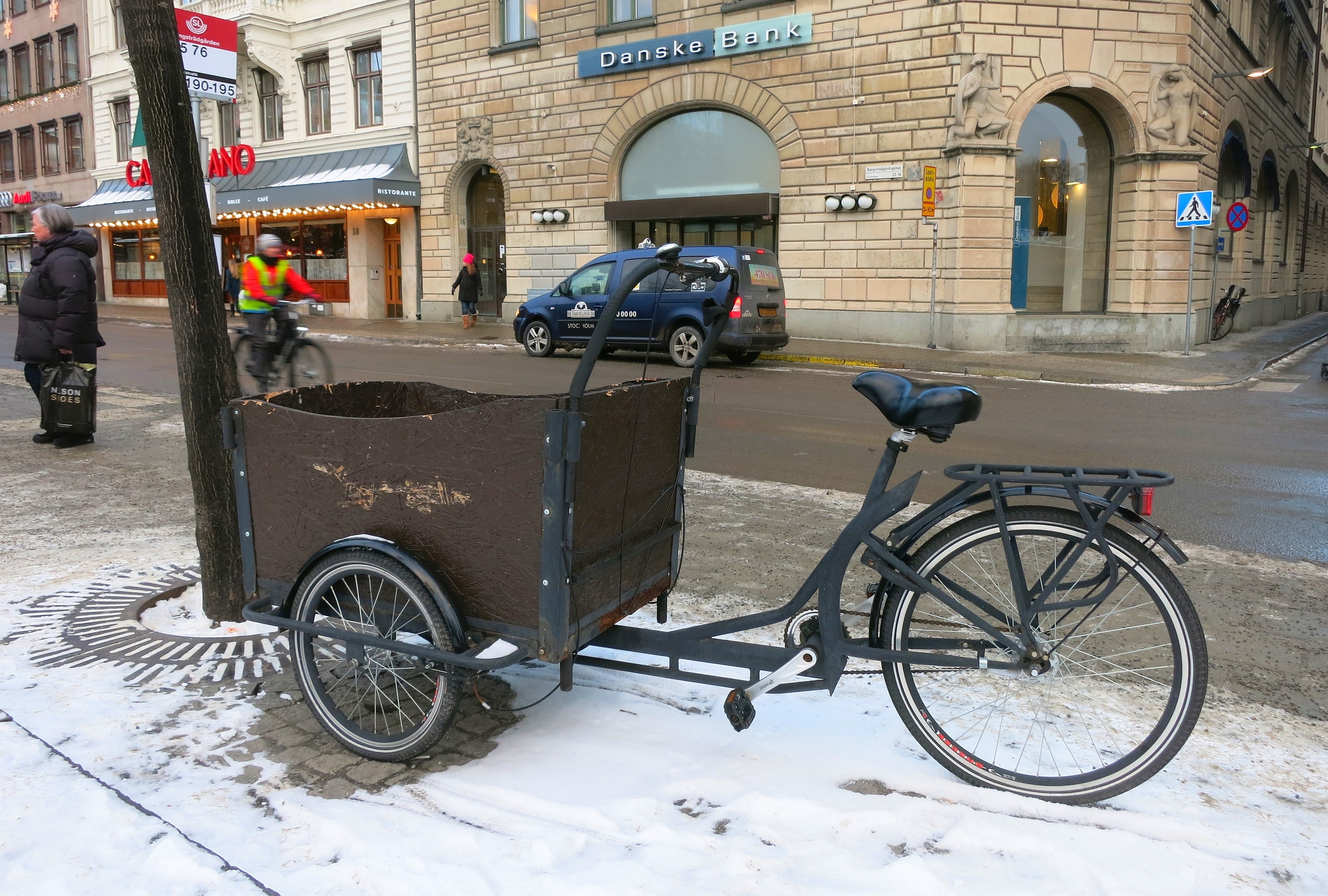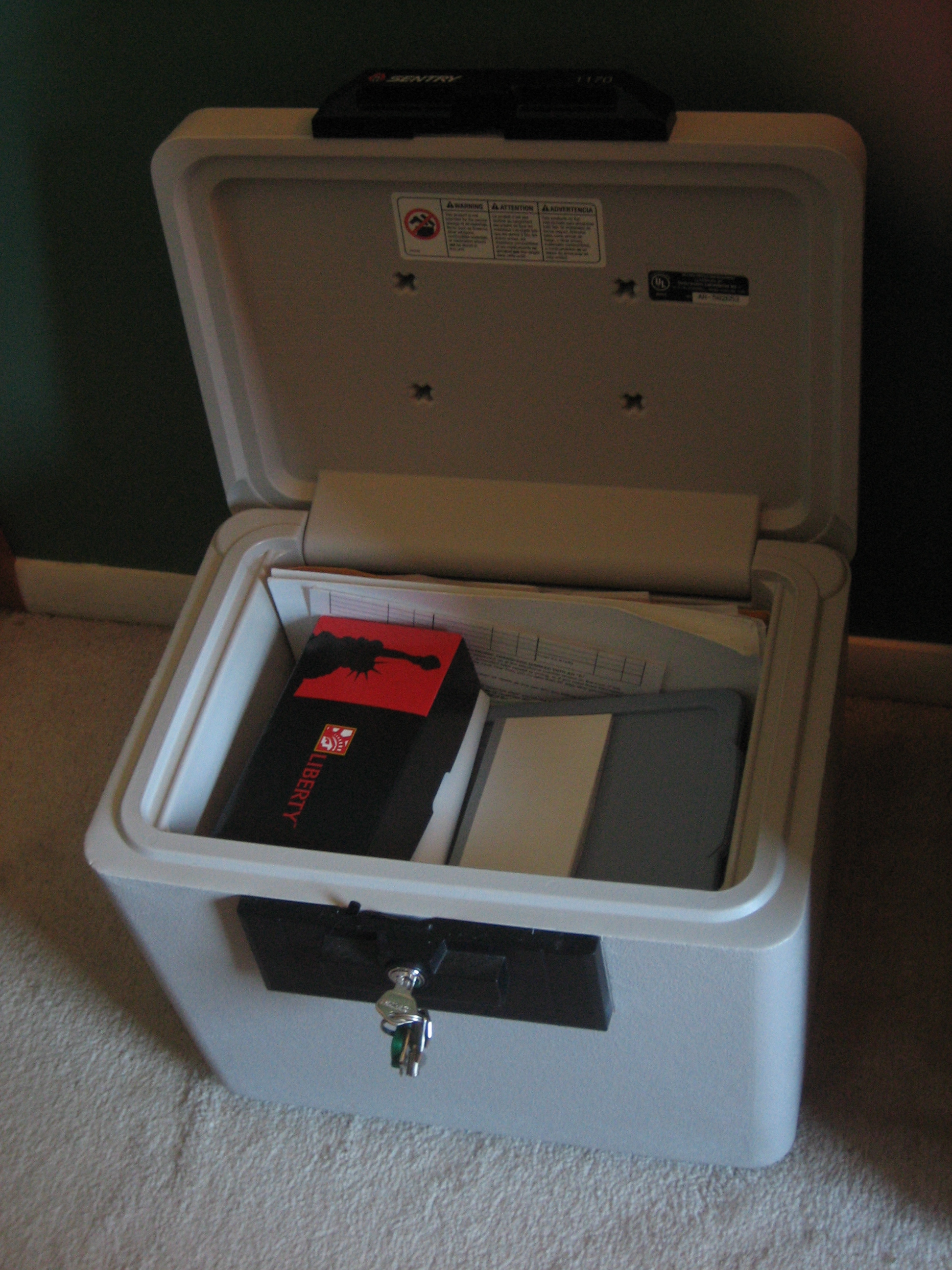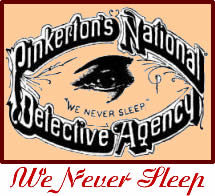|
Expressman
An expressman (pl. ''expressmen'') refers to anyone who has the duty of packing, managing, and ensuring the delivery of any cargo. During the late 19th and early 20th centuries, an expressman was someone whose responsibility it was to ensure the safe delivery of gold or currency, being shipped by railroad, and which was secured in the " express car". This job included guarding the safe or other strongboxes or coffers against outlaws, and memorizing the safe's combination to use at delivery. Origins For decades stagecoach drivers and baggage-wagoners performed many of the tasks that would be later formalized under the title expressman. The first express companies, which developed in the early 19th century, contracted with stagecoach lines to carry their goods. By 1900 there were four major express companies. As express services matured into an industry, the tasks of stage-coach driver were divided among specialties, such as driver, expressman, agent, clerk, and others, rendering the ... [...More Info...] [...Related Items...] OR: [Wikipedia] [Google] [Baidu] |
Cargo
Cargo consists of bulk goods conveyed by water, air, or land. In economics, freight is cargo that is transported at a freight rate for commercial gain. ''Cargo'' was originally a shipload but now covers all types of freight, including transport by rail, van, truck, or intermodal container. The term cargo is also used in case of goods in the cold-chain, because the perishable inventory is always in transit towards a final end-use, even when it is held in cold storage or other similar climate-controlled facility. The term freight is commonly used to describe the movements of flows of goods being transported by any mode of transportation. Multi-modal container units, designed as reusable carriers to facilitate unit load handling of the goods contained, are also referred to as cargo, especially by shipping lines and logistics operators. Similarly, aircraft ULD boxes are also documented as cargo, with an associated packing list of the items contained within. When empty conta ... [...More Info...] [...Related Items...] OR: [Wikipedia] [Google] [Baidu] |
Gold
Gold is a chemical element with the symbol Au (from la, aurum) and atomic number 79. This makes it one of the higher atomic number elements that occur naturally. It is a bright, slightly orange-yellow, dense, soft, malleable, and ductile metal in a pure form. Chemically, gold is a transition metal and a group 11 element. It is one of the least reactive chemical elements and is solid under standard conditions. Gold often occurs in free elemental ( native state), as nuggets or grains, in rocks, veins, and alluvial deposits. It occurs in a solid solution series with the native element silver (as electrum), naturally alloyed with other metals like copper and palladium, and mineral inclusions such as within pyrite. Less commonly, it occurs in minerals as gold compounds, often with tellurium (gold tellurides). Gold is resistant to most acids, though it does dissolve in aqua regia (a mixture of nitric acid and hydrochloric acid), forming a soluble tetrachloroaurate anion. Gold is ... [...More Info...] [...Related Items...] OR: [Wikipedia] [Google] [Baidu] |
Currency
A currency, "in circulation", from la, currens, -entis, literally meaning "running" or "traversing" is a standardization of money in any form, in use or circulation as a medium of exchange, for example banknotes and coins. A more general definition is that a currency is a ''system of money'' in common use within a specific environment over time, especially for people in a nation state. Under this definition, the British Pound Sterling (£), euros (€), Japanese yen (¥), and U.S. dollars (US$)) are examples of (government-issued) fiat currencies. Currencies may act as stores of value and be traded between nations in foreign exchange markets, which determine the relative values of the different currencies. Currencies in this sense are either chosen by users or decreed by governments, and each type has limited boundaries of acceptance - i.e. legal tender laws may require a particular unit of account for payments to government agencies. Other definitions of the term "curren ... [...More Info...] [...Related Items...] OR: [Wikipedia] [Google] [Baidu] |
Railroad
Rail transport (also known as train transport) is a means of transport that transfers passengers and goods on wheeled vehicles running on rails, which are incorporated in tracks. In contrast to road transport, where the vehicles run on a prepared flat surface, rail vehicles (rolling stock) are directionally guided by the tracks on which they run. Tracks usually consist of steel rails, installed on sleepers (ties) set in ballast, on which the rolling stock, usually fitted with metal wheels, moves. Other variations are also possible, such as "slab track", in which the rails are fastened to a concrete foundation resting on a prepared subsurface. Rolling stock in a rail transport system generally encounters lower frictional resistance than rubber-tyred road vehicles, so passenger and freight cars (carriages and wagons) can be coupled into longer trains. The operation is carried out by a railway company, providing transport between train stations or freight customer facili ... [...More Info...] [...Related Items...] OR: [Wikipedia] [Google] [Baidu] |
Baggage Car
A passenger railroad car or passenger car (United States), also called a passenger carriage, passenger coach (United Kingdom and International Union of Railways), or passenger bogie (India) is a railroad car that is designed to carry passengers. The term ''passenger car'' can also be associated with a sleeping car, a baggage car, a dining car, railway post office and prisoner transport cars. The first passenger cars were built in the early 1800s with the advent of the first railroads, and were small and little more than converted freight cars. Early passenger cars were constructed from wood; in the 1900s construction shifted to steel and later aluminum for improved strength. Passenger cars have increased greatly in size from their earliest versions, with modern bi-level passenger cars capable of carrying over 100 passengers. Amenities for passengers have also improved over time, with developments such as lighting, heating, and air conditioning added for improved passenge ... [...More Info...] [...Related Items...] OR: [Wikipedia] [Google] [Baidu] |
Safe
A safe (also called a strongbox or coffer) is a secure lockable box used for securing valuable objects against theft or fire. A safe is usually a hollow cuboid or cylinder, with one face being removable or hinged to form a door. The body and door may be cast from metal (such as steel) or formed out of plastic through blow molding. Bank teller safes typically are secured to the counter, have a slit opening for dropping valuables into the safe without opening it, and a time-delay combination lock to foil thieves. One significant distinction between types of safes is whether the safe is secured to a wall or structure or if it can be moved around. A less secure version (only suitable for petty cash) is usually called a cash-box. History The first known safe dates back to the 13th century BC and was found in the tomb of Pharaoh Ramesses II. It was made of wood and consisted of a locking system resembling the modern pin tumbler lock. In the 16th century, blacksmiths in souther ... [...More Info...] [...Related Items...] OR: [Wikipedia] [Google] [Baidu] |
Outlaw
An outlaw, in its original and legal meaning, is a person declared as outside the protection of the law. In pre-modern societies, all legal protection was withdrawn from the criminal, so that anyone was legally empowered to persecute or kill them. Outlawry was thus one of the harshest penalties in the legal system. In early Germanic law, the death penalty is conspicuously absent, and outlawing is the most extreme punishment, presumably amounting to a death sentence in practice. The concept is known from Roman law, as the status of ''homo sacer'', and persisted throughout the Middle Ages. A secondary meaning of outlaw is a person who systematically avoids capture by evasion and violence to deter capture. These meanings are related and overlapping but not necessarily identical. A fugitive who is declared outside protection of law in one jurisdiction but who receives asylum and lives openly and obedient to local laws in another jurisdiction is an outlaw in the first meaning but not t ... [...More Info...] [...Related Items...] OR: [Wikipedia] [Google] [Baidu] |
Industrial Revolution
The Industrial Revolution was the transition to new manufacturing processes in Great Britain, continental Europe, and the United States, that occurred during the period from around 1760 to about 1820–1840. This transition included going from hand production methods to machines, new chemical manufacturing and iron production processes, the increasing use of steam power and water power, the development of machine tools and the rise of the mechanized factory system. Output greatly increased, and a result was an unprecedented rise in population and in the rate of population growth. Textiles were the dominant industry of the Industrial Revolution in terms of employment, value of output and capital invested. The textile industry was also the first to use modern production methods. The Industrial Revolution began in Great Britain, and many of the technological and architectural innovations were of British origin. By the mid-18th century, Britain was the world's leadi ... [...More Info...] [...Related Items...] OR: [Wikipedia] [Google] [Baidu] |
Pinkerton Agency
Pinkerton is a private security guard and detective agency established around 1850 in the United States by Scottish-born cooper Allan Pinkerton and Chicago attorney Edward Rucker as the North-Western Police Agency, which later became Pinkerton & Co, and finally the Pinkerton National Detective Agency. It is currently a subsidiary of Securitas AB. Pinkerton became famous when he claimed to have foiled a plot to assassinate president-elect Abraham Lincoln in 1861. Lincoln later hired Pinkerton agents to conduct espionage against the Confederacy and act as his personal security during the Civil War.p. 43 The Pinkerton National Detective Agency hired women and minorities from its founding, a practice uncommon at the time, as they were useful as spies. At the height of their power, the Pinkerton Detective Agency was the largest private law enforcement organization in the world. Following the Civil War, the Pinkertons began conducting operations against organized labor. During the ... [...More Info...] [...Related Items...] OR: [Wikipedia] [Google] [Baidu] |
Liverpool
Liverpool is a city and metropolitan borough in Merseyside, England. With a population of in 2019, it is the 10th largest English district by population and its metropolitan area is the fifth largest in the United Kingdom, with a population of 2.24 million. On the eastern side of the Mersey Estuary, Liverpool historically lay within the ancient hundred of West Derby in the county of Lancashire. It became a borough in 1207, a city in 1880, and a county borough independent of the newly-created Lancashire County Council in 1889. Its growth as a major port was paralleled by the expansion of the city throughout the Industrial Revolution. Along with general cargo, freight, and raw materials such as coal and cotton, merchants were involved in the slave trade. In the 19th century, Liverpool was a major port of departure for English and Irish emigrants to North America. It was also home to both the Cunard and White Star Lines, and was the port of registry of the ocean li ... [...More Info...] [...Related Items...] OR: [Wikipedia] [Google] [Baidu] |
Paris
Paris () is the capital and most populous city of France, with an estimated population of 2,165,423 residents in 2019 in an area of more than 105 km² (41 sq mi), making it the 30th most densely populated city in the world in 2020. Since the 17th century, Paris has been one of the world's major centres of finance, diplomacy, commerce, fashion, gastronomy, and science. For its leading role in the arts and sciences, as well as its very early system of street lighting, in the 19th century it became known as "the City of Light". Like London, prior to the Second World War, it was also sometimes called the capital of the world. The City of Paris is the centre of the Île-de-France region, or Paris Region, with an estimated population of 12,262,544 in 2019, or about 19% of the population of France, making the region France's primate city. The Paris Region had a GDP of €739 billion ($743 billion) in 2019, which is the highest in Europe. According to the Economist Intelli ... [...More Info...] [...Related Items...] OR: [Wikipedia] [Google] [Baidu] |
United States Railroad Administration
The United States Railroad Administration (USRA) was the name of the nationalisation, nationalized railroad system of the United States between December 28, 1917, and March 1, 1920. It was the largest American experiment with nationalization, and was undertaken against a background of war emergency following American entry into World War I. During its brief existence, the USRA made major investments in the United States railroad system, and introduced standardized locomotive and railroad car classes, known as USRA standard. After the end of World War I, while some in the United States advocated for continuing nationalization, ultimately the railroads were returned to their previous owners in early 1920. Background Although the carriers had made massive investments in the first years of the 20th century, there remained inadequacies in rail terminal, terminals, rail tracks, trackage, and rolling stock. Inflation struck the Economy of the United States, American economy, and when i ... [...More Info...] [...Related Items...] OR: [Wikipedia] [Google] [Baidu] |









